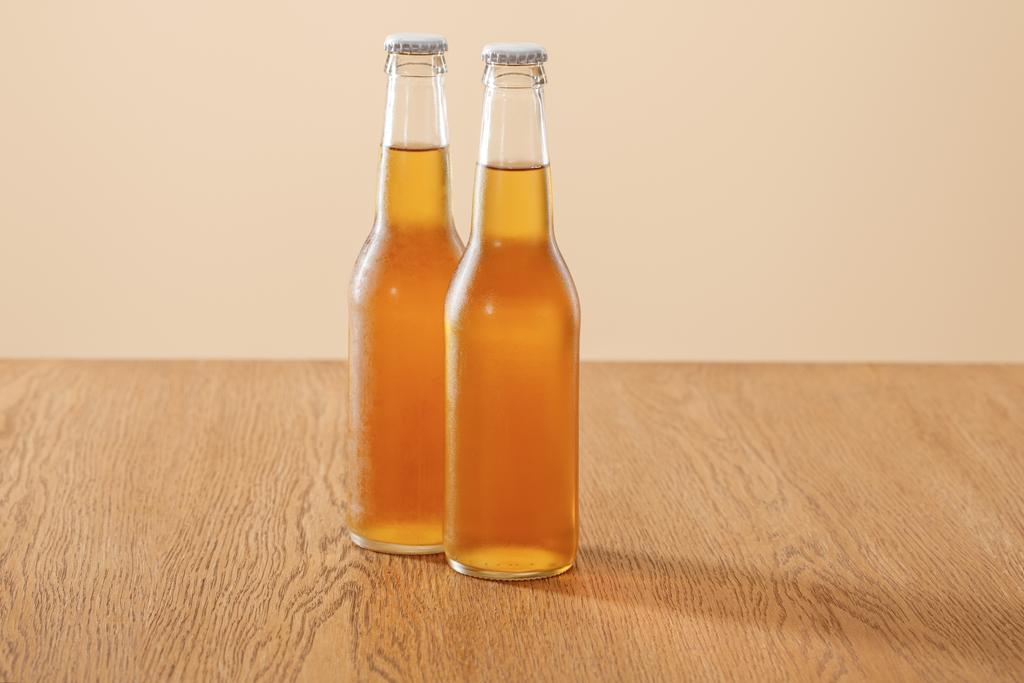The after-work beer, the digestive schnapps or a glass of wine – alcohol consumption is part of everyday life for many. But from what amount is it too much? And why are older people particularly at risk when it comes to alcohol?

Alcohol consumption among older people is often underestimated
Older people often have more experience drinking alcohol, which does not mean that they drink more sensibly. Drinking habits are all too often not questioned – not by oneself and not by those around them. However, especially in old age, excessive alcohol consumption is not to be taken lightly. As you age, your body’s response to alcohol differs from the pattern we’ve seen before. For example, the body cells can no longer store water as well as they used to. The body’s fluid balance decreases. As a result, the same amount of alcohol consumed now results in a higher blood alcohol concentration. In addition, the liver does not break down alcohol as well as it used to. Therefore, if you drink more than 0.3 liters of beer per day as a woman or more than 0.6 liters of beer as a man, you are already in a health risk area.
There are two groups of older people who consume alcohol at a risky level. The first and larger group consists of people who have had a drinking problem for years. The health risk is particularly high here. The second group includes people who started drinking alcohol to a risky degree quite late. The reasons for this can be very complex. Possible reasons for dangerous alcohol consumption in old age are often critical phases of life such as retirement, reduced social contacts, financial problems or the loss of a partner, according to the Federal Center for Health Education.
Certain drinking habits often creep in, such as the digestive schnapps, the after-work beer or the daily glass of wine. But sometimes it doesn’t stop there. Drinking large amounts of alcohol on a regular basis can be dangerous. This does not only apply to older people! However, older people often go unnoticed when they consume alcohol at a risky level. There are various reasons for this. For example, because the risky drinking behavior of relatives and other people around them is tacitly accepted or because consequential damage is wrongly attributed to old age.
The danger of alcohol in old age
In older people, even small amounts of alcoholic beverages can lead to undesirable effects. There are also possible drug interactions. Alcohol consumption can also further worsen health impairments such as osteoporosis, diabetes, high blood pressure, stroke, memory loss and mood instability, according to the Federal Center for Health Education (BZgA) on the occasion of the day of the elderly.
Prof. Dr. Heidrun Thaiss, head of the BZgA: “Alcohol consumption harbors dangers at any age. In older people, they show a particular spectrum: alcohol consumption, for example, can increase the risk of falls and other accidents because balance and reaction time are impaired. These effects can occur in older people even with small amounts consumed. If alcohol is consumed in large quantities over a longer period of time, the risk of certain types of cancer increases. In addition, the gastrointestinal tract, the liver and specific brain functions are impaired. In older people, the breakdown of alcohol by the liver can also be delayed. Previously ‘well tolerated’ amounts can therefore have a stronger effect with increasing age. For these reasons, older people should consume alcohol with particular restraint.”

